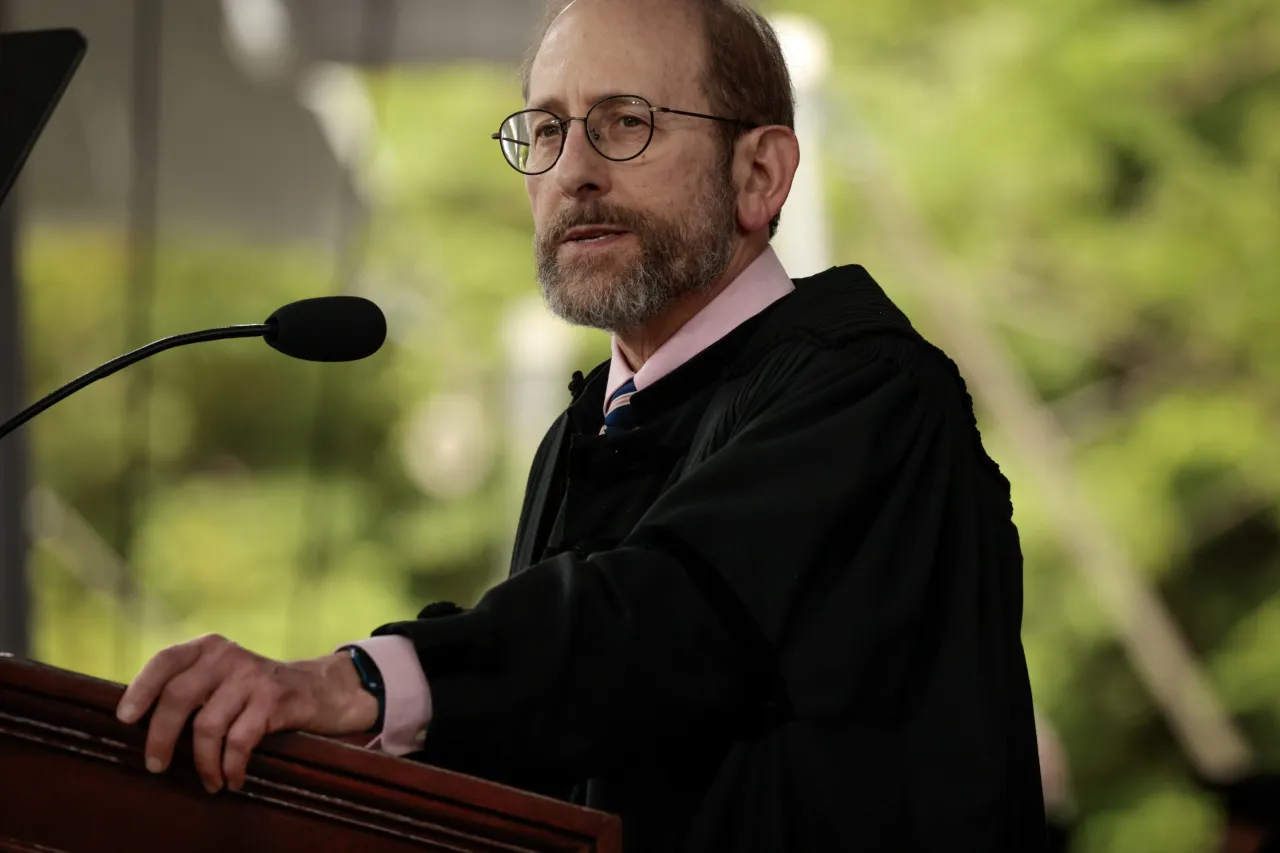Harvard University boldly rejects Trump administration’s demands, including the elimination of DEI programs and federal oversight. Over 60 college leaders support the stand for academic freedom.
Keywords: Harvard vs Trump, academic freedom, DEI programs, Trump administration, university autonomy, higher education, federal oversight, college presidents support Harvard
Harvard Defies Trump’s ‘Authoritarian Incursion’ as 60 University Leaders Rally in Support
In a bold act of institutional independence, Harvard University has rejected a series of sweeping directives from the Trump administration, which critics have labeled an “authoritarian incursion” into the heart of American higher education. The administration’s aggressive push to reshape universities has sparked national concern, but Harvard is drawing a clear line — and it’s not standing alone.
The university’s resistance has galvanized more than 60 current and former presidents of prominent colleges and universities across the United States, who have publicly backed Harvard’s stance, warning that the federal government’s overreach threatens the very foundation of academic freedom and democracy.
What Triggered the Showdown?
The Trump administration has targeted elite institutions, particularly Harvard, demanding a dramatic shift in operations and values. The controversial demands include:
- Disbanding pro-Palestinian student groups
- Eliminating all Diversity, Equity, and Inclusion (DEI) programs
- Imposing strict “merit-based” admissions and hiring practices
- Full cooperation with immigration authorities
- Allowing federal oversight of campus activities and communications
Harvard President Alan Garber responded forcefully, calling the directives unconstitutional and a violation of the university’s First Amendment rights. “We will not allow political pressure to determine our values or operations,” Garber stated.
In retaliation, the federal government has frozen $2.2 billion in research grants and $60 million in contracts associated with the university, and even threatened to strip Harvard of its nonprofit tax-exempt status.
Nationwide Academic Solidarity
Harvard’s stand has quickly become symbolic of the broader battle between political authority and institutional freedom. A recent summit at Yale revealed that 94% of university presidents believe the Trump administration is actively hostile to higher education. That sentiment has now become action.
More than 60 prominent academic leaders — including presidents from Stanford, Columbia, Yale, and historically Black colleges — have issued a joint statement declaring their support for Harvard and condemning federal coercion.
“These demands are not just about one university,” said one signatory. “They are about controlling the free exchange of ideas, silencing marginalized voices, and dismantling the progress we’ve made in making campuses inclusive and independent.”
The Bigger Picture: What’s at Stake?
The implications of this confrontation go far beyond Harvard’s campus. Although the university’s $53 billion endowment gives it a degree of financial insulation, smaller institutions that depend heavily on federal funding may not have the same freedom to resist. This makes Harvard’s stand even more significant: it sets a precedent.
At its core, the battle is about defining the role of universities in society. Are they to be incubators of free thought, debate, and diversity — or instruments of political ideology?
With presidential elections nearing, the issue of academic independence is gaining traction among both voters and policymakers. Legal analysts predict that if the Trump administration escalates the matter, it could lead to a landmark Supreme Court case involving constitutional protections for academic institutions.
Final Thoughts
Harvard’s refusal to comply with politically charged mandates marks a turning point in the ongoing debate over government influence in education. Backed by a powerful coalition of higher education leaders, the university’s stand is a reminder that the autonomy of learning institutions must be protected — not just for Harvard, but for every campus that believes in the power of free thought.
As this confrontation evolves, it is becoming more than a policy dispute — it is a defining moment for the future of higher education in America.




